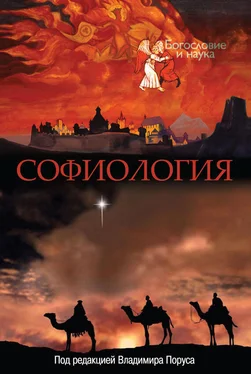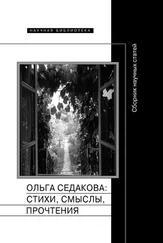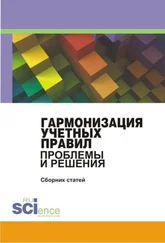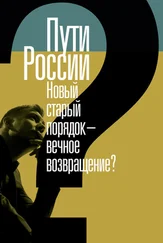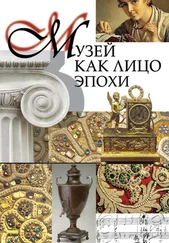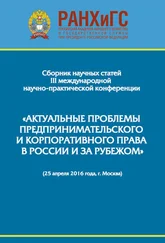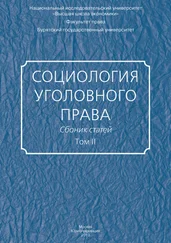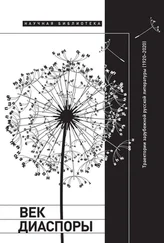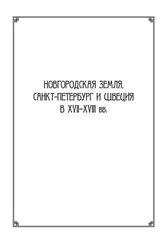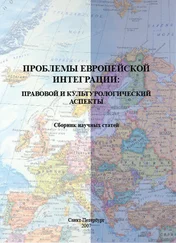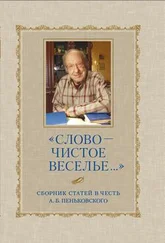Lev Tolstoi, Krelcerova sonata: povest′; Posleslovle k «Krelcerovol sonate», Moscow 1911.
See P Moeller, Postlude to the Kreutzer Sonata, 1988, p. 147.
Weber, Die Wirtschaftsethik der Weltreligionen in GW, p. 6389.
The importance of work for salvation Bulgakov introduced in Filosofiia Khoziaistva. Mir kak Khoziaistva. Tom 1 (Moscow, Put′ 1912), translated by Catherine Evtuhov as Philosophy of Economy. Part 1. The World as Household, Yale University Press 2000.
From podvizhnik, hero or martyr, litt. ′one that moves (things)′. Translated into English as spiritual fight or asceticism.
Bulgakov, Philosophy of Economy, p. 72.
Weber, Die Protestantische Ethik und der Geist des Kapitalismus (1904-5), GW, p. 5312 ff.
Bulgakov, Svet Nevechernii, Sozercaniia i umozreniia, Moscow 1994, p. 113. Bulgakov developed Gregorii Palamas′ distinction of the ousia and energeia of God. The energeia of God are the precondition of sophiology as positive theology
See M. de Courten, History, Sophia and the Russian Nation. A Reassessment of Vladimir Solov′ev′s Views on History and his Social Commitment, 2004 on Solov′ev′s historiosophy
The minor sophiological trilogy consists of the volumes DrugZhenikha. Opravoslavnom pochitanii Predtechi, Paris 1927, Kupina Neopalimaia Opyt dogmaticheskogo istolkovaniia nekotorykh chert v pravoslavnom pochitanii Bogomateri, Paris, 1927 and Lestvitsa lakovlia. Ob Angelakh, Paris 1929. His major sophiological trilogiy is O Bogochelovechestve, Vol I Agnec Bozhii, Paris 1933, Vol II Uteshitel′, Paris 1936 and Vol
III Nevesta Agnca, Paris, 1945.
Bulgakov, Sophla, p. 143.
Antoine Arjakovskii, «The Sophiology of Father Sergius Bulgakov and Contemporary Western Theology,» published in Russian in S.N. Bulgakov: Rellglozno-fllosofskll put′, 2003, pp.127–139.
Bulgakov, Philosophy of Economy, chapter VIII, «The phenomenology of economy.»
See Govert Buijs, Tussen God en duivel. Totalitarisme, politiek en transcendentie bij Eric Voegelin ( Between God and Devil. Totalitarianism, politics and transcendence in the work of Eric Voegelin), Boom 1998. Buijs makes it clear that Weber′s sociology in principle is unable to discern between God and devil.
Bulgakov, Philosophy of Economy, p.38.
See also Myroslav Tataryn, «Sergei Bulgakov: Eastern Orthodoxy engaging the modern world» in Studies in religion/Sciences Religieuses 31/3-4 (2002), pp. 313–322, p. 315 «In the process of this search Bulgakov co-opts and develops the notion of Sophia as the all-embracing hermeneutic.»
Tri razgovora o voine, progresse i konce vsemirnoi istorii, so vkliucheniem kratkoi povesti ob Antikhriste is prilozheniiami. (1900), translated as War, Progress, and the End of History: Three Conversations, Including a Short Story of the АпИ-Christ, Lindisfarne Press, 1991, further referred to as Tri razgovora.
Bulgakov, Sophla, 1993, p. 134, p. 140 (see also note 1)
Bulgakov, Sophia, 1993, p. 14, «There are two opposite poles in the Christian attitude to life, which are both equally untrue in their one-sidedness. These are firstly, world-denying Manicheism, which separates God from the world by an impassable gulf and thus makes the existence of Divine-humanity out of the question; and, secondly an acceptance of the world as it is, combined with submission to its values, which is termed ′secularization′.»
For Bulgakov, this is too moderate an expression of Christian ministry. Although Bulgakov recognizes the plurality of gifts and therefore of the calling of every person, there is no dissimilarity in the moral exigencies of podvizhnichestvo for believers, religious or lay
Compendium of the Social Doctrine of the Church, Vatican City, 2004
Булгаков С.Н. Владимир Соловьев и Анна Шмидт // Булгаков С.Н. Тихие думы. М.,
1993. С. 34.
См. об этом: Белый А. Начало века. М., 1990. С. 145; Лосев А.Ф. Владимир Соловьев и его время. М., 1990. С. 591–596; Голлербах Е.А. К незримому Граду: Религиозно-философская группа «Путь» (1910–1919) в поисках новой русской идентичности. СПб., 2000. С. 209–213; Козырев А.П. Нижегородская Сивилла // Козырев А.П. Соловьев и гностики. М., 2007. С. 364–378. Здесь же см.: Письма А.Н. Шмидт к В.С. Соловьеву С. 379–386.
Переписка священника Павла Александровича Флоренского со священником Сергием Николаевичем Булгаковым. Томск, 2001. С. 112.
Там же. С. 113.
Булгаков С.Н. Сны Геи / Булгаков С.Н. Тихие думы. М., 1996. С. 96. Ср. Шеллинг о пейзажной живописи: «В этом жанре, помимо предмета, т. е. тела, сам свет, как таковой, становится предметом. Этот жанр не только нуждается для картины в пространстве, но даже определенно направлен на изображение пространства как такового. В пейзажной живописи возможно исключительно субъективное изображение, ибо пейзаж имеет реальность лишь в глазу созерцающего. Пейзажная живопись необходимым образом направлена на эмпирическую действительность, и наивысшее, на что она способна, – воспользоваться последней как покровом, сквозь который она дает просвечивать более высокому виду истины». Шеллинг. Философия искусства. М., 1999. С. 293.
Булгаков С.Н. Поездка в Америку // Булгаков С.Н. Тихие думы. М., 1996. С. 397–398.
Там же. С. 408.
Булгаков С.Н. Тоска. На выставке А.С. Голубкиной // Булгаков С.Н. Тихие думы. М., 1996. С. 39–46.
Читать дальше
Конец ознакомительного отрывка
Купить книгу
